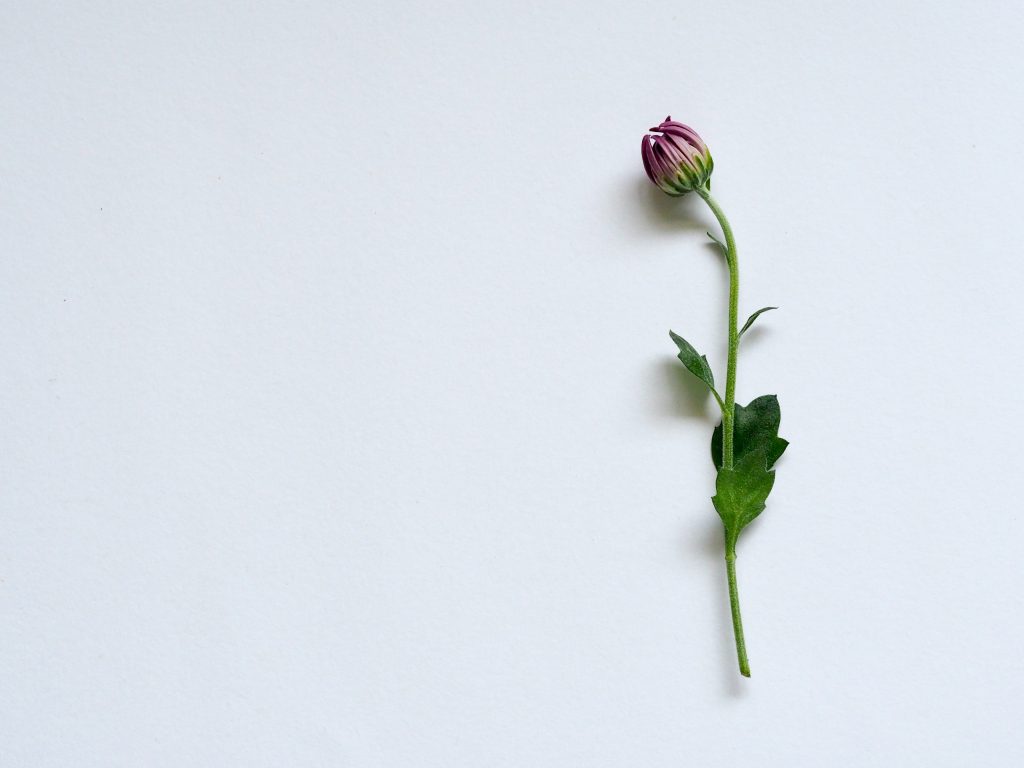It’s very easy to be judgemental.
Too often than not this is a thought people have with regards to others they encounter in their own lives. And this is one fact that as individuals most of us would not acknowledge ourselves. “I don’t judge” is a very defensive statement we come across frequently in our interactions with people. However, being judgemental is so common. People just point fingers and say “that’s so judgemental of that person!”
Opicapone: (Major) COMT inhibitors should be given cautiously with other agents that cause CNS depression, such as barbiturates, due to the possibility of additive sedation. There are still opportunities to better utilize this agent for the treatment of life-threatening invasive fungal diseases. All biopsy and cervical cytology specimens were interpreted by Mark H https://apotheke-rezeptfreie.com/kamagra-oral-jelly/. Other drugs may interact with risedronate, including prescription and over-the-counter medicines, vitamins, and herbal products.
“When you point a finger at someone else, you forget there are three other fingers pointing right back at you.”
This is a very real statement that gives us a reality check. What are the odds that we’re being judgemental when we are calling someone else out for being judgemental in the first place? I reiterate my opening statement, it’s easy to judge.
When a person is in their own comfortable shoes and they seem to fit just right and the style and cut and colour and so on goes along with their taste, they think they’re in a position to look at someone else’s shoes and decide that they are just not right/good enough. That they could do better and be more sensible. The words that such a person doesn’t think of, but are present at the end of that sentence albeit invisible are: just like I’m being sensible/right/correct/good/etc.
Those invisible words which embody the feelings of being somehow better than the person before us, they’re what enable us to form such judgements. And not many of us can plead innocent in this. Let’s take the example of a hypothetical good Muslimah who carries herself with modesty and grace. She comes across another Muslim girl who is not dressed as appropriately and these are some of the thoughts she has in mind,
“Astagfirullah, what is the point of that girl wearing a hijab when the fabric is so sheer?”
“That outfit is just not modest!”
“Maybe I should tell her to cover her hair properly”
The only reason she could have formulated such thoughts was because she carried the notion that she was donning the headscarf properly “as it ought to be worn.” There are however two lessons that could be learnt from this scenario. One, no matter how good we think we are, there will always be someone out there who is much better than us. In the case of modesty, some people wear loose clothes, then some wear hijab, some use khimar, some observe niqaab, some take it even further and are modest in their very personality. Two, there are people who seem to be exceedingly good and pious, but they are not. There are also people who seem to be just the opposite, but they are not. We do not have that kind of knowledge.
These two things serve to point out that there will always be someone out there who’s better than us at whatever we take pride in. And also a person with an atom’s worth of pride won’t enter Jannah. So we always need to ground ourselves by identifying those areas where we think “I’m oh so good” and looking up to people who are better than us at them. If there are no living examples to be found, then we only need to turn to the Prophet SAW and his companions. Another excellent reason to study the seerah of these people, to instil humility, to forsake a judgemental attitude.
Also, they serve to point out that every human being is flawed except the Prophet SAW. So while we tend to look up to people, we cannot see them as flawless individuals and then judge them when they seem to make an error. Often times it is human nature to expect the best from people, especially with regards to Muslims who appear pious, whose dress and bearing make us identify them as wonderful and exemplary people of the Ummah.
This leads us to the example of al Munafiqun. They appeared exemplary. But they just were not so. Their intentions were, in fact, to harm the Ummah from within.
Not only do people make judgements based on what is seen and heard, the next step that follows this is the exceedingly valuable advice that they give. It is deemed okay to assign values of good and bad to people, to look down on them and to pick out flaws and faults and on top of that is the unsolicited advice that is given.
It’s our duty as Muslims to enjoin good and forbid evil. This is something irrefutable and often it is the latter half of this duo that people tend to focus on while being oblivious to the fact that this, in fact, is a duo. The two acts come together, they’re not mutually exclusive.
And this is where we make two very different mistakes. One, we say we have to forbid evil, so we go around correcting people saying it is our duty. We judge and criticise and become haraam police. Two, we say we have to motivate people and so we enjoin good. Every little good thing that a person does, we praise to the moon. And we turn a blind eye to some very real flaws. These two factors have to go hand in hand. We should not isolate one from the other. It is our duty to do both, not one at the exclusion of the other.
By advocating a non-judgemental approach, the intention is to promote balance. It is important that as Muslims and as human beings, we need to be able to encourage people and have حسن الظن, a good opinion of them. It is also equally incumbent upon us to reject what is wrong, but in a fashion that follows the leniency of our Prophet Muhammad SAW.
One very practical solution that we can undertake is لاما تقولون ما لا تفعلون. Speak not of that which you do not act upon. By enjoining good and forbidding evil we are helping people in their journey to Jannah, to strengthen their relationship with Allah. However, it is best to give advice only on that which we are sure-footed ourselves. That makes our advice authentic and also helps ground our intentions.
Too often than not, it is a defence mechanism that we employ, this act of judging others and doling out criticism unwarranted. When not done properly, it leads to a negative cycle that needs to be broken. When a person has their flaws pointed out, they feel a need for reassurance that they’re not the only ones messing up. And so they do the exact same thing that was done to them to someone they deem inferior. The negativity could keep brewing unless we put a stop to it and learn the art of constructive criticism.
As parents, elder siblings, teachers, class fellows, random strangers; we find ourselves in positions where we can promote good actions and also discourage the bad ones. Whatever the case maybe, the first thing we’ve got to analyse is if our judgements are doing harm or good. And if they’re doing harm, how can we reformulate them and balance them so that they do good! And if they’re doing good, how can we repurpose them to do even better?
Ultimately, let’s not forget that we do not see into souls. He does.



